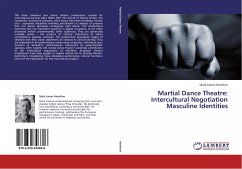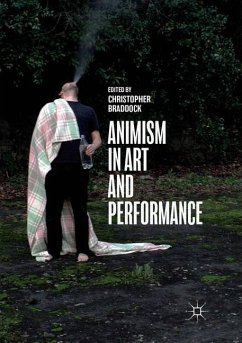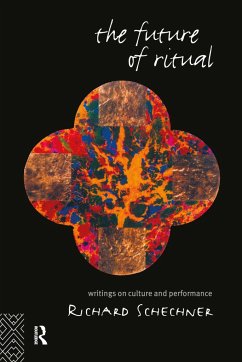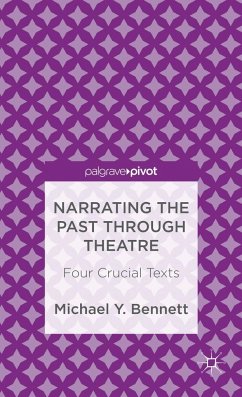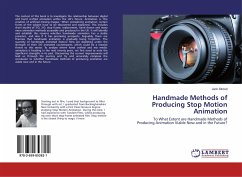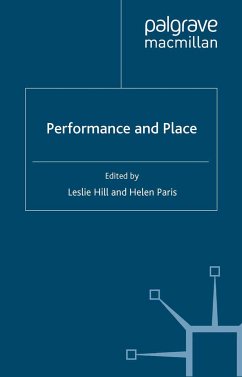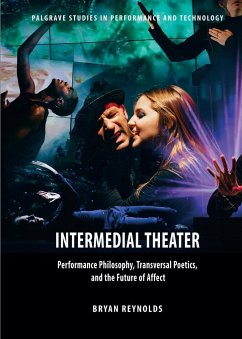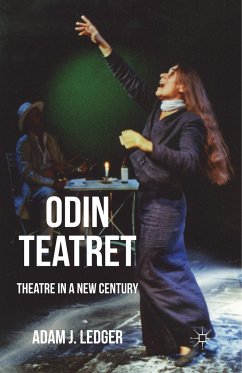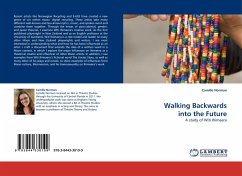
Walking Backwards into the Future
A study of Witi Ihimaera
Versandkostenfrei!
Versandfertig in 6-10 Tagen
32,99 €
inkl. MwSt.

PAYBACK Punkte
16 °P sammeln!
Recent artists like Norwegian Recycling and E-603 have created a new genre of art within music: digital recycling. These artists take many different well-known and less-known lyrics, music, and spoken word and combine them together. Through the lenses of post-colonial, gender, and queer theories, I examine Witi Ihimaera's creative work. As the first published playwright in New Zealand and as an English professor at the University of Auckland, Witi Ihimaera is a role model and leader to many other Maori and New Zealand playwrights and writers. I am most interested in understanding what and how ...
Recent artists like Norwegian Recycling and E-603 have created a new genre of art within music: digital recycling. These artists take many different well-known and less-known lyrics, music, and spoken word and combine them together. Through the lenses of post-colonial, gender, and queer theories, I examine Witi Ihimaera's creative work. As the first published playwright in New Zealand and as an English professor at the University of Auckland, Witi Ihimaera is a role model and leader to many other Maori and New Zealand playwrights and writers. I am most interested in understanding what and how he has been influenced as an artist. I craft a document that extends the idea of a written word in a Maori context, in which I explore the major influences on Ihimaera as a theatrical creator and influencer of other Maori artists. In addition, I use examples from Witi Ihimaera's fictional novel The Uncles Story, as well as many other of his plays and novels, to show examples of influences from Maori culture, Mormonism, and his homosexuality on Ihimaera's work.



